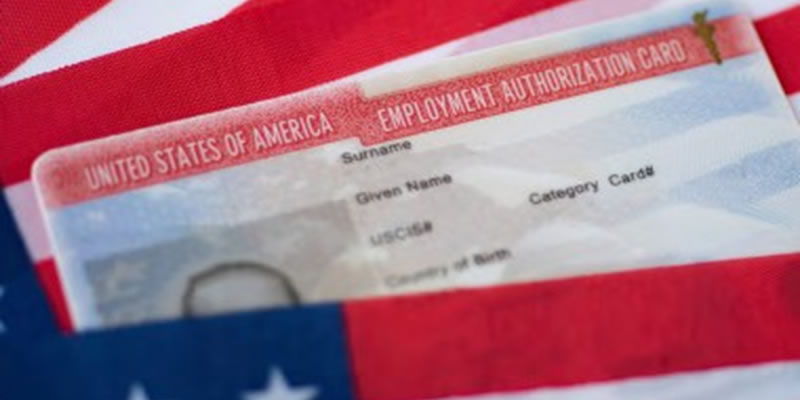
Five years ago, USCIS routinely took three months to issue employment authorization documents (EADs) and advance parole (AP) travel documents. Prior to the pandemic, USCIS was taking approximately six months to issue them. Now, USCIS can take nine months or longer to issue these documents. These delays create huge hardships to organizations and individuals.
The best way to handle these delays is to plan ahead. You may file for an extension up to 180 days prior to the expiration of your EAD and AP. Plan to apply for an extension of the interim benefits the full six months before they expire. If applying for the initial EAD or AP, plan that it will be several months before it is issued and budget accordingly, taking into account current restrictions on international travel.
If the applicant must be fingerprinted, USCIS will not consider an expedite request until after the applicant has been fingerprinted. Consequently, it is extremely difficult to expedite first-time applications.
USCIS may expedite the issuance of an EAD or AP in limited, specific circumstances:
As a practical matter, USCIS is more likely to honor requests for expedited treatment by school districts or federal government agencies than requests based on severe financial loss or urgent humanitarian reasons. Also, nonprofit organizations that have a clear, easily understood, valuable public mission are more likely to have their requests honored.
Even if USCIS approves the expedited processing, it will take several weeks for the documents to be issued. Consequently, it may take at least a month to get an interim document.
If you have questions on expediting EADs and/or APs, we encourage you to reach out to our office at Brodzki Jacobs at 954-932-8300.